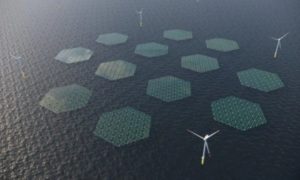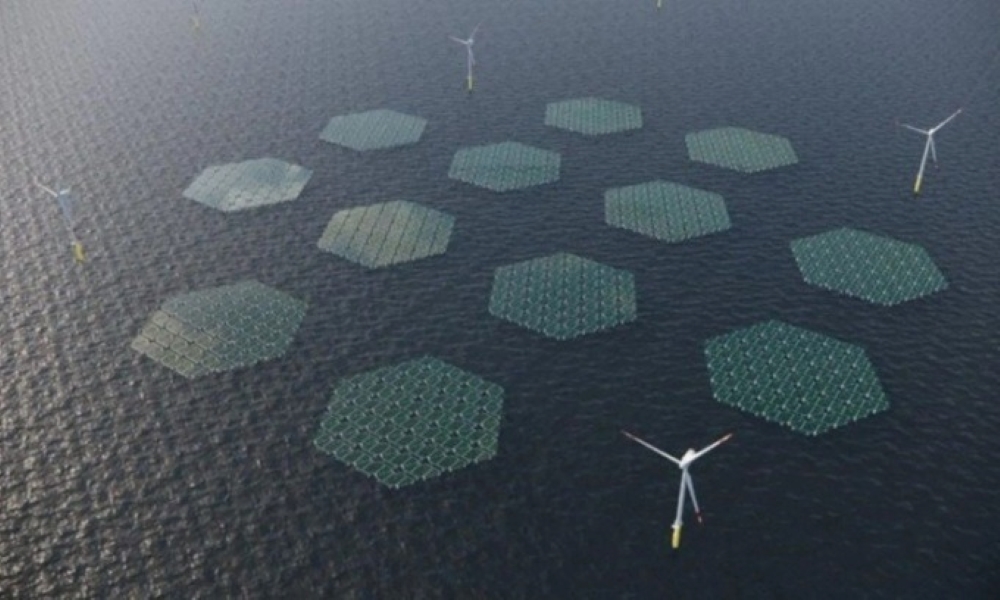With countries looking to phase out fossil fuels, solar and wind-based energy solutions are being rapidly installed. While dropping power costs from these technologies is a welcome sign, their lower energy conversion rates are problematic. Both wind and solar energy plants need large tracts of land to harness large amounts of power to effect a transition.

SolarDuck has started the 8.4-million-euro project to build the world’s largest offshore floating solar (OFS) project. The project will be integrated, certified, and located within the OranjeWind wind farm project off the western coast of the Netherlands.
Landmass on the planet is limited and is already utilized for various purposes, from housing and agriculture to setting up industries. Realizing this, wind farms have already transitioned to offshore platforms where they can build bigger turbines and tap into higher-speed winds to generate greater amounts of clean energy.
SolarDuck is keen to install offshore solar farms in areas it refers to as the Sun Belt. These areas of the world, such as the Caribbean, Japan, South Korea, and even Oman, are sun-rich but wind-scarce. With limited landmass, extensive energy infrastructure becomes too expensive in these areas. Still, the nearby waters are ideal for offshore solar.
Before construction of the facility begins, a consortium called Nautical SUNRISE will conduct extensive research on various components of the project. This includes ensuring the offshore floating project’s reliability, survivability, electrical stability, and yield. Depending on the consortium’s findings, a detailed scale-up plan will be drawn to address the challenges faced and facilitate the commercialization of the project.
More importantly, the consortium will also conduct a sustainability assessment of the project and consider factors like environmental impact, full life cycle, and circularity of the OFS systems. This will not be limited to the demonstrator project but also include gigawatt-scale projects that might be taken up in the future.
According to the offshore-energy















